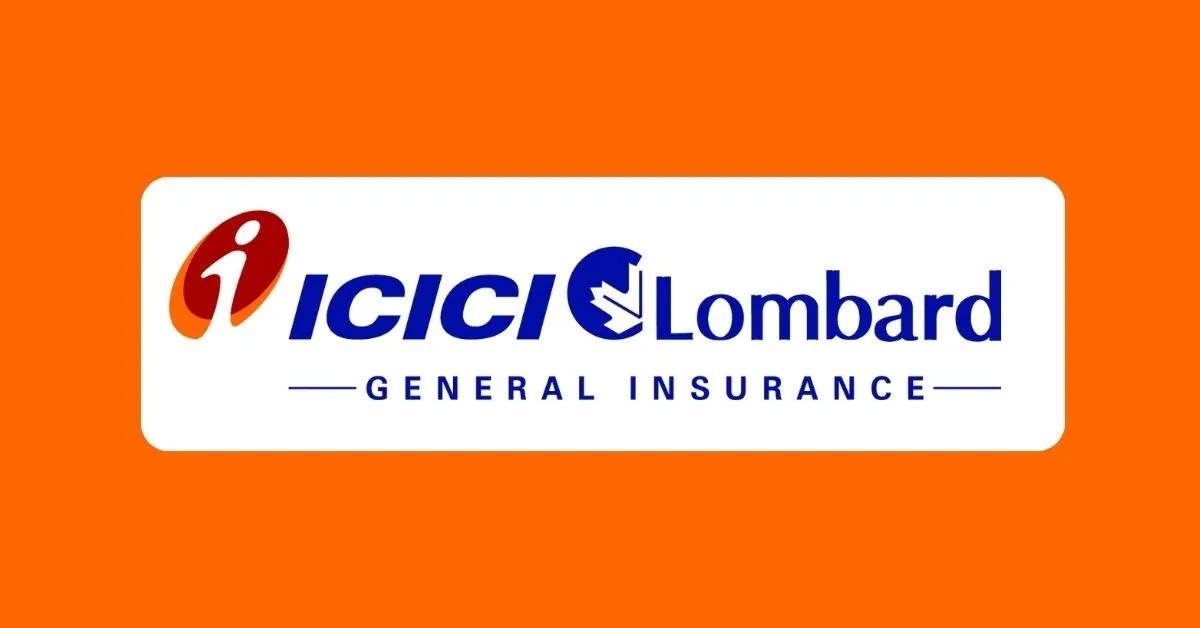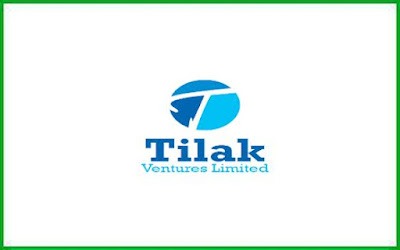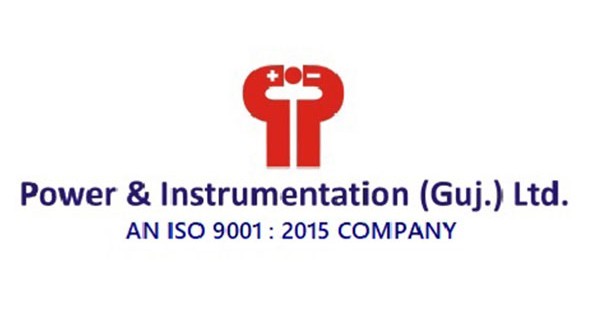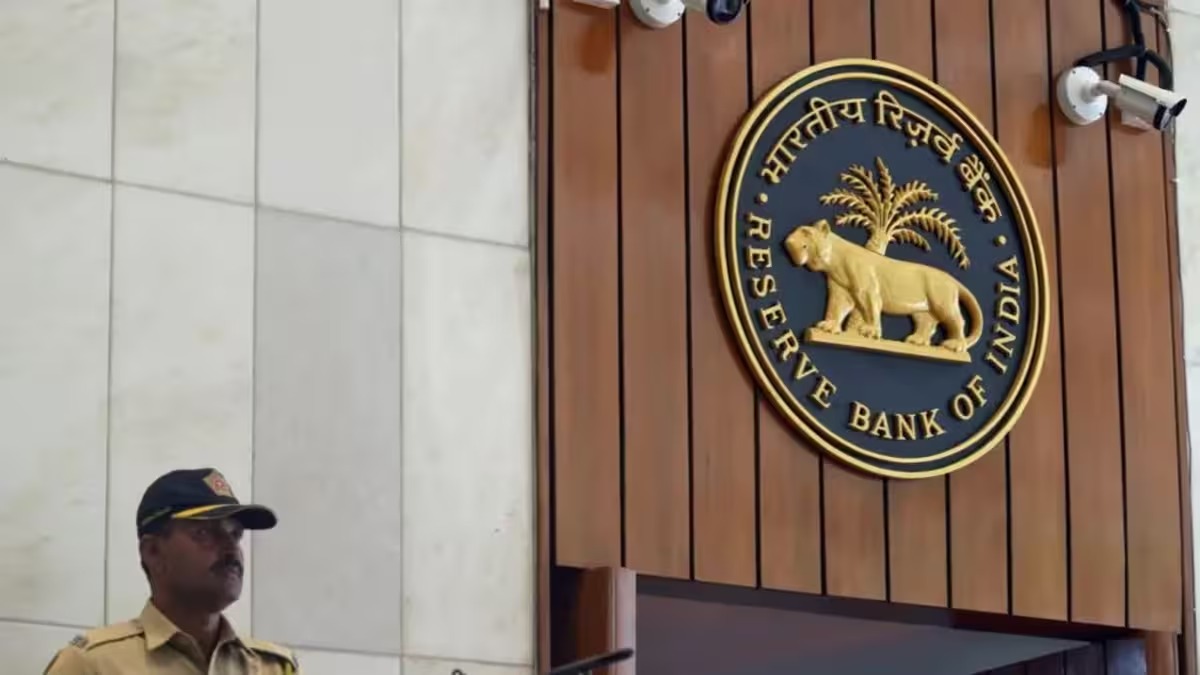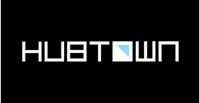In a significant policy decision to bolster India's innovation-led startup environment, the Department for Promotion of Industry and Internal Trade (DPIIT) has sanctioned 187 startups for exemption from income tax under the revamped Section 80-IAC of the Income Tax Act. The move, which was made public following the 80th meeting of the Inter-Ministerial Board (IMB), seeks to grant much-needed economic relief to new businesses, promote employment generation, innovation, and economic development.
Background and Policy Update
-
The tax exemption is provided under Section 80-IAC of the Income Tax Act that provides eligible startups with a 100% income tax relief on incomes from profits for any three consecutive years within a ten-year period from the date of incorporation.
-
The latest approvals were approved in the 79th and 80th IMB meetings, where 75 and 112 startups were approved respectively.
-
More than 3,700 startups have been given tax benefits since the inception of the scheme in 2017.
Elarge Base of Eligibility and Application Period
-
The government has widened the timeframe of eligibility: startups formed prior to April 1, 2030, are now eligible to apply for such concessions, giving a wider scope for new businesses.
-
The new assessment framework has streamlined the application process and made it more transparent. Full applications are considered within 120 days, with faster and less procedurally driven decisions being made.
Purpose and Impact
-
The scheme aims to assist startups during their nascent stages, easing their cash flow burden and urging them to invest in growth, innovation, and employment generation.
-
The policy is consistent with the government's vision of an innovation-driven, self-reliant New India and is likely to catalyze yet more economic change.
Eligibility Criteria
-
Startups are to be identified by DPIIT and not have had a turnover of more than ₹100 crore in any past financial year.
-
The startup should not be an arrangement where an existing business is split up or rebuilt.
-
Applicants are to be certified by the Inter-Ministerial Board of Certification.
Advice for Unsuccessful Applicants
Startups that are not cleared during the current round are invited to revisit and upgrade their applications, with specific emphasis on technological innovation, market potential, scalability, and quantifiable contributions to employment and economic growth.
Challenges and Uptake
Even with more than 1.6 lakh startups registered with DPIIT, exemptions have only been granted to around 3,700, underlining selectivity of the scheme and the necessity for additional streamlining of the process.
Relevant Sources: Press Information Bureau, Financial Express, NewsOnAir, Economic Times, eGov Magazine, Inc42


